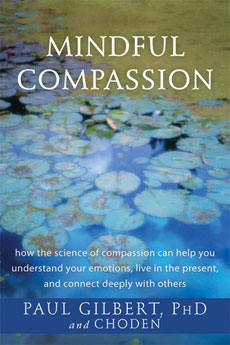Dissolving and Equalizing
"On the Spot"
"Walking down the street or sitting in a cafe can be a good time to observe how easily we close down or open up. We see how quickly we become judgmental of others and how all kinds of emotions follow on from this. Before we know it, we're taking sides. It doesn't take much to trigger our reactions. There's attraction to the person we find beautiful, irritation at children in the street making a lot of noise, or contempt for a dirty vendor on the side of the street. Try to notice when you feel attraction or irritation and catch it before it solidifies into a fixed mindset. It is important to do this with honesty and kindness, not suppressing the emotions you are feeling, simply noticing them but then not feeding them.
"Instead of going through our day caught up in our own world, we can take a few minutes to focus on the practice of equalizing. It is so simple and direct, and yet it can really open our eyes and touch our hearts to consider others in this way. When you meet another person, think: 'Just like me, he wants to be happy and he doesn't want to suffer; just like me, these people walking past me in the street are caught up in the drama of the flow of life.'
Self-Preoccupation
"Opening our heart in this way is not easy. It challenges our deeply ingrained instinct to place 'me' at the center of our world and only to be concerned with ourselves and those who are close to us. We might have run into this tendency when we experienced resistance to widening our circle of compassion. For this reason, we need additional skills to address this tendency. A classic Mahayana Buddhist text called The Seven Points of Mind Training says that all compassion training comes down to one thing — overcoming self-centeredness and focusing instead on the welfare of others. It is referred to as the sacred mystery that leads to true happiness."
